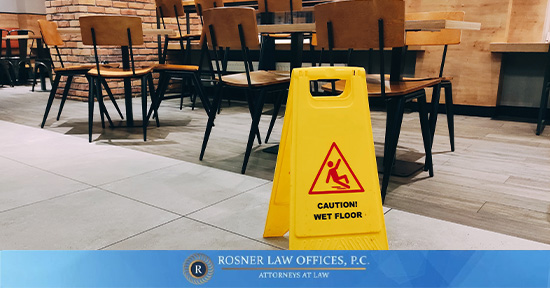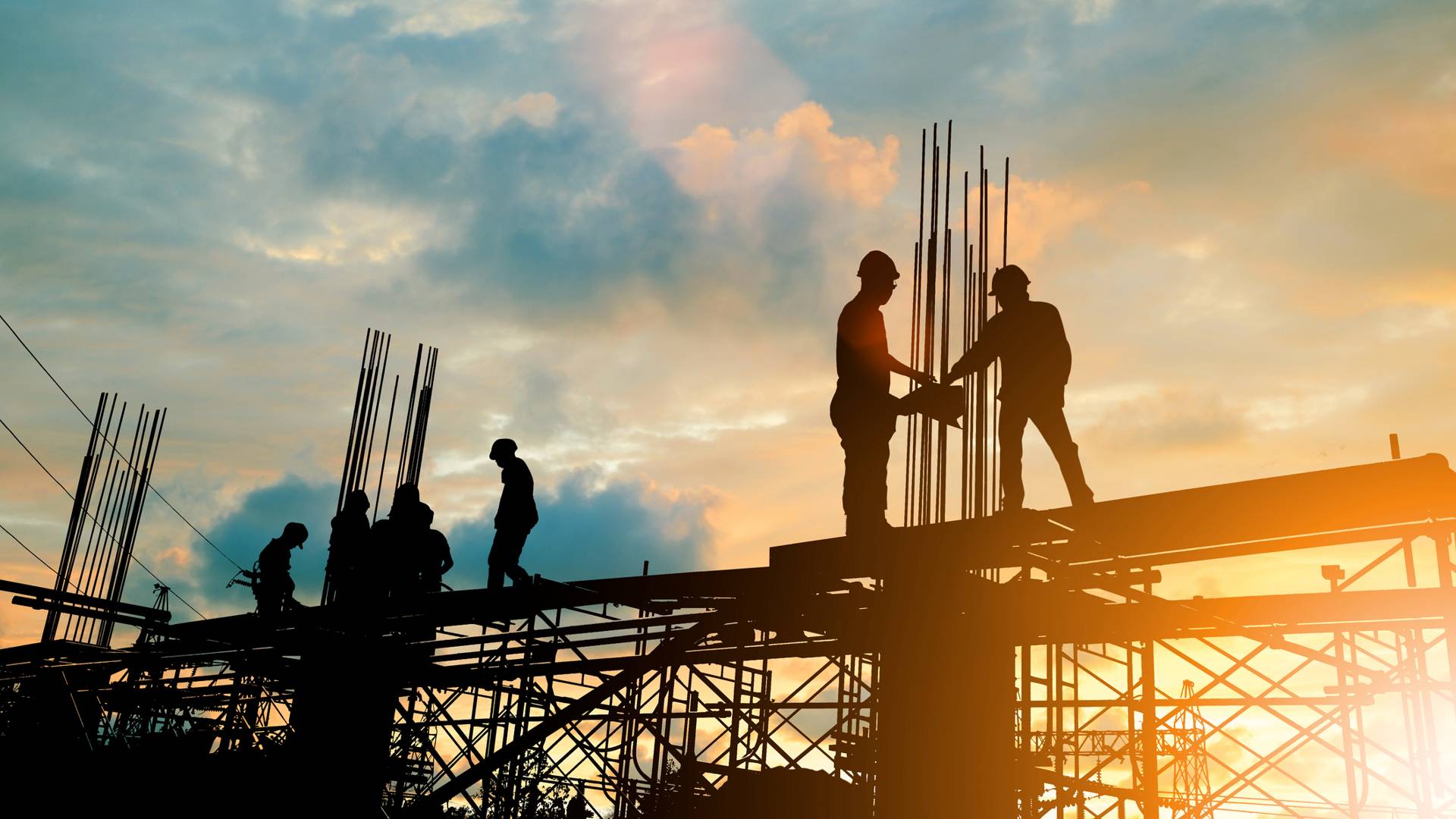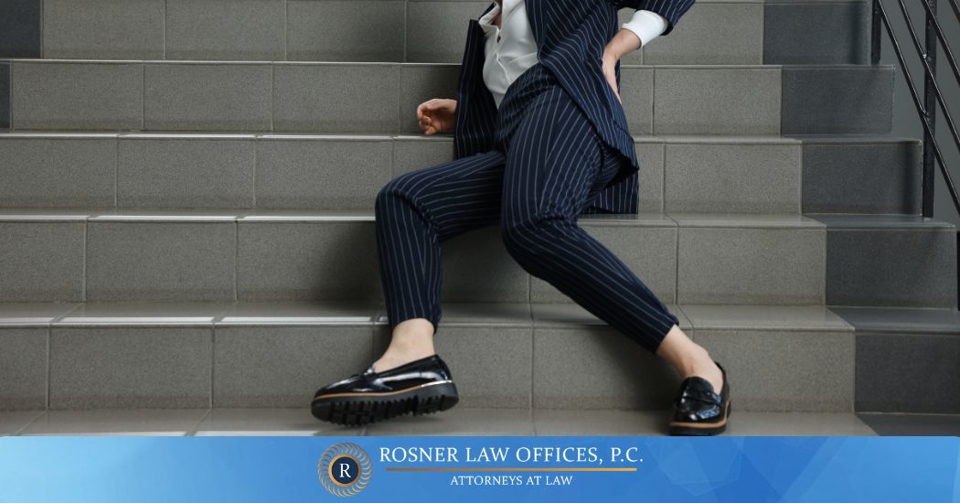When you step onto a business’s premises—whether it’s a grocery store, a restaurant, or a retail shop—you have every reason to expect safety. Slippery floors, loose handrails, poorly maintained walkways—these are hazards that shouldn’t be part of your shopping or dining experience. Unfortunately, accidents happen, and as a customer, you may find yourself dealing with injuries caused by a business owner’s negligence.
But did you know that business owners have a legal and moral responsibility to ensure the safety of their premises? This duty exists not only to protect customers from harm but also to foster trust. Below, we’ll explore these responsibilities in detail, clarifying your rights as a customer and what you can do if an accident occurs.
The Duty of Care Owed to Customers
Business owners owe what is known as a "duty of care" to anyone who lawfully visits their premises. Simply put, this means they are obligated to take reasonable steps to ensure their property is free from hazards that could lead to accidents or injuries.
This duty of care extends to all areas of the premises that customers have access to, including parking lots, entryways, aisles, and dining areas. It’s not enough to react to complaints or incidents; they must proactively identify potential risks and address them promptly.
Common Safety Measures Business Owners Should Take:
- Regular Maintenance: Businesses are expected to routinely inspect their property, ensuring areas like flooring, lighting, and handrails are properly maintained.
- Prompt Hazard Cleanup: Spills, broken glass, or debris in walkways should be addressed immediately to prevent accidents.
- Signage for Temporary Risks: Wet floor signs, caution tape, or other warnings should be clearly displayed to alert customers of temporary hazards.
- Employee Training: Staff must be trained to identify and resolve hazards quickly—and know how to report more serious risks to management.
If these basic measures are ignored, businesses can be held accountable for any injuries that occur as a result of their negligence.
The Legal Implications of Negligence
When a business fails to uphold its duty of care, it opens the door to legal liability under premises liability law. This area of personal injury law protects customers who have suffered harm due to unsafe conditions on someone else’s property.
To establish a claim under premises liability, you’ll generally need to demonstrate the following:
- The business owed you a duty of care. If you were legally on the property as a customer or guest, this duty applies.
- There was a dangerous condition. Examples include wet floors, uneven walkways, or faulty equipment.
- The business knew (or should have known) about the danger. This could mean the hazard existed long enough for staff to notice or that it was a foreseeable issue the owner failed to address.
- The dangerous condition caused your injury. There must be a direct link between the hazardous condition and your accident.
If these criteria are met, you may have a valid claim for compensation to cover medical bills, lost wages, pain and suffering, and other damages.
How Businesses Can Foster Trust Through Safety
Ensuring the safety of customers isn’t just a legal obligation—it’s an opportunity to build trust and loyalty. When customers know a business prioritizes their well-being, they’re much more likely to return and recommend the establishment to others.
Proactive safety measures, clear communication, and quick responses to any reported issues signal that a business values its customers beyond mere transactions. These actions also demonstrate an ethical commitment to the community they serve.
What to Do If You've Had an Accident
If you’ve been injured on a business’s premises, your priority should be your health. But once you've sought medical attention, there are steps you can take to protect your rights:
- Document Everything: Take photos of the hazard that caused your injury, as well as your injuries. If possible, collect contact information from any witnesses.
- Report the Incident: Notify the business immediately and ensure they create an incident report. Request a copy for your records.
- Seek Legal Advice: Premises liability cases can be complex, and proving negligence often requires expert guidance. An experienced personal injury attorney can assess your case, handle communications with the business, and fight for the compensation you deserve.
At Rosner Law Offices, P.C., we specialize in representing slip and fall accident victims and helping them secure justice. Our compassionate team understands the physical, emotional, and financial toll that an injury can take, and we’re here to stand by your side every step of the way.
Slip and Fall Attorneys Ready to Help Victims in South Jersey
Every customer has the right to visit a business without fearing for their safety. While most business owners take this responsibility seriously, others fail to meet the necessary standard of care. When that happens, the consequences can be life-altering.
If you’ve been injured due to a business owner’s negligence, you have rights and legal options to explore. You have the right to hold them accountable and seek the compensation you’re entitled to.
At Rosner Law Offices, P.C., we believe in standing up for the rights of slip and fall accident victims. Contact us today at (856) 502-1655 for a free consultation, and take the first step toward reclaiming your peace of mind.





